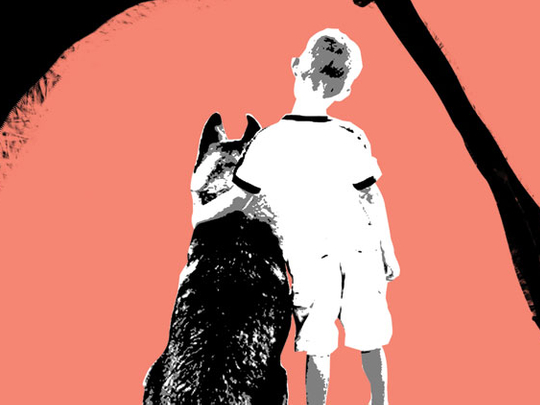
While attending a conference at Harvard University a few months ago, I noticed a group of students staging a peaceful protest at the corner of a street at Cambridge. A meditative state of silence dominated that scene.
All were dressed in black from head to toe. Some of the women wore black hats and stood in a state of pensive mourning and grief. Many held up signs with writings that read, ‘RIP Deceased Harvard Primates’, and ‘Stop Testing on Animals Now!’ One young man was carrying the photo of a monkey. The demonstrators were pleading that animals be spared the torture and suffering in a science laboratory.
This event incidentally took place on the same day that humans (not animals) were slaughtered in the Syrian city of Al Houla on May 25. The massacre claimed the lives of 108 people, including 34 women and 49 children, according to UN reports. I repeat, in case the numbers are quickly scanned by our desensitised human eyes, there were 49 children butchered on that day.
Let us for a moment reflect on this horrendous crime and allow our minds to travel beyond the printed surface of headlines and figures; let us try to think up some answers to the following questions: What was a mother’s reaction as she set eyes on her beloved child lying slaughtered in a pool of blood, that is if she had to endure the misfortune of remaining alive?
Raw pain
What about her child’s clothes — did she wash, fold, and hide them in a safe place, or did she keep them unwashed so that she could preserve a smell that was once oxygen to her heart? Will the sharp pain ever cease for a few moments and allow her a chance to dry her eyes and look for a lost smile in the midst of the shattered pieces of her heart?
Is it acceptable to watch helpless and powerless as children are slaughtered in front of our eyes?
Some might argue that things are too complicated, that strategic political plans and potential solutions are in the works. Political analysts explain that Syria has become a battleground for foreign powers. But what does it all matter to a broken-hearted mother? Whether the UN, US, Arab League, Nato, or whoever else is involved, the bottomline is that none of this can alter bitter reality or bring back her child.
Until the international community unites on a decision to end the suffering in Syria, as local groups obviously lack solutions, many more Syrian mothers are doomed to face more anguish and grief.
Earlier this week, I read the following post on the wall of a Syrian friend on Facebook: ‘A four-year-old child was found whose name is Razan Khalifeh. It is believed that she is from Douma or Masraba. She is currently safe in Damascus. If anyone has any information about her family, contact the following... Please share on the largest scale. Thank you’.
The same week I was taking a walk in a neighbourhood in Fort Worth, Texas. I saw a sign posted on a tree that read: ‘Lost cat: He is white and fluffy with brown and black tabby patches. Answers to the name Sully. If found please call...”
US President Barack Obama has a dog, and so I ask: How sad would he be for his two daughters if their dog were lost? And if the dog, God forbid, was slaughtered, what would happen to the persons who commits such an act?
Aurora shooting
Granted, the US undeniably has its own share of problems. As the world has heard, the country was awakened on July 20 to a massacre that took place at a movie theatre in Aurora, Colorado, cutting short the lives of 12 people, including a six-year-old girl.
Two days after the shooting, Obama travelled to Aurora to offer comfort to the families of the victims, and the murderer is already undergoing trial.
So, for the 12 people dead in Colorado, the US is in a state of shock and disbelief. Everyone grieved the loss of innocent lives, vigils were held in memory of the dead, and the murderer will be punished.
For the animals tested in the labs, students held protests at Cambridge demanding that animals are rescued from their suffering, but for the 19,000 plus killed in Syria, the world continues to discuss potential solutions to the dilemma! What is wrong with this picture?
Indeed, as in the words of Mahatma Gandhi: “The greatness of a nation and its moral progress can be judged by the way its animals are treated.”
If Gandhi were still around, how would he have judged a nation in which humans are slaughtered, let alone children?
Ghada Al Atrash holds a Master’s degree in English and taught at a college in Abu Dhabi.








